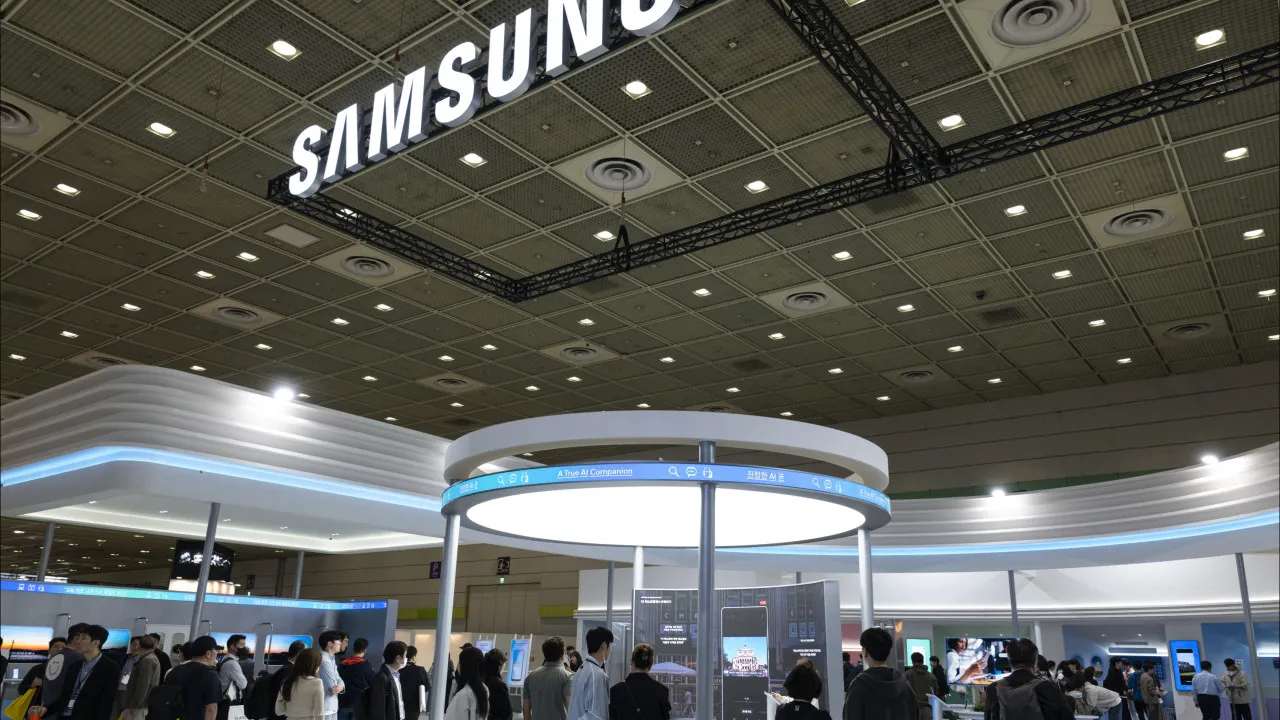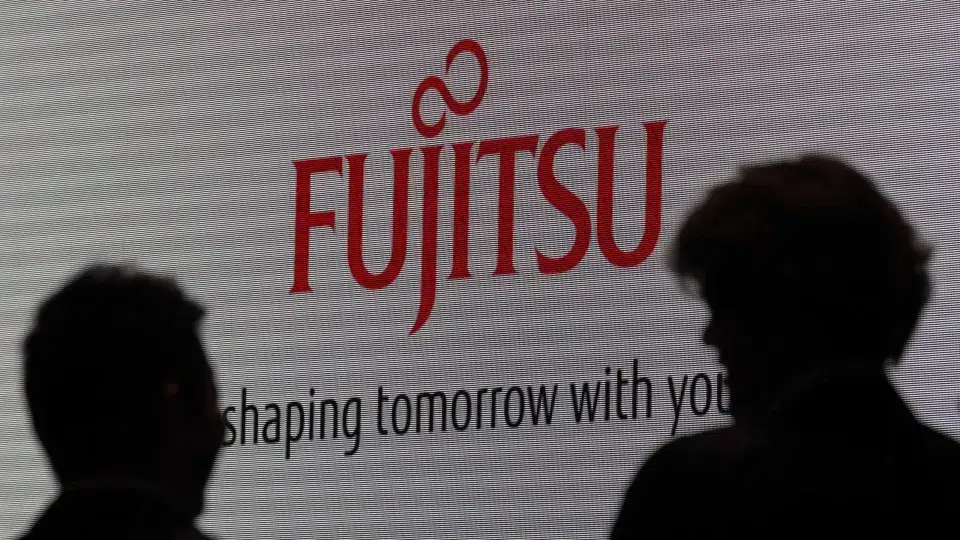
The South Korean tech company announced an expected operating profit of approximately 4.6 trillion won (2.87 billion euros) for the quarter ending June 30, marking a 31.2% decline from the previous quarter.
In a statement, Samsung projected sales of 74 trillion won (46.1 billion euros) between April and June, remaining almost stable compared to the same period last year and down 6.5% from the previous quarter.
In a separate statement, Samsung explained that the device solutions division suffered a decline due to changes in stock valuations and U.S. restrictions on selling advanced semiconductors to China.
The Suwon-based company, located south of Seoul, indicated its expectation of a recovery in sales of Samsung’s most advanced semiconductors, the HBM, and stated that new products were already being tested by clients.
Samsung denied reports that the HBM semiconductors had failed quality tests with the American Nvidia, the world leader in artificial intelligence chips.
In the first quarter of the year, the South Korean tech firm announced a 1.2% increase in operating profit compared to the same period in 2024, attributed to the performance of new Galaxy S25 smartphones.
Samsung reported record quarterly sales of 79.14 trillion won (48.6 billion euros) from January to March, driven by strong demand for higher-priced products, despite the impact of trade tensions and a global economic slowdown.
The semiconductor business at Samsung, a cornerstone of the South Korean tech giant, generated sales of 25.1 trillion won (15.4 billion euros) and operating profit of 1.1 trillion won (676.1 million euros).
Samsung Electronics’ profit more than doubled in 2024, increasing by 122.5% to 34.5 trillion won (22.8 billion euros), despite a slowdown in semiconductor demand.
Samsung’s operating profit almost quintupled in 2024, reaching around 32.7 trillion won (21.6 billion euros).
The company is the main subsidiary of the South Korean behemoth Samsung Group, by far the largest of the family-run conglomerates that dominate business in Asia’s fourth-largest economy.
The tech giant is one of the world’s leading semiconductor producers, with applications ranging from household appliances to mobile phones, cars, and weaponry.




